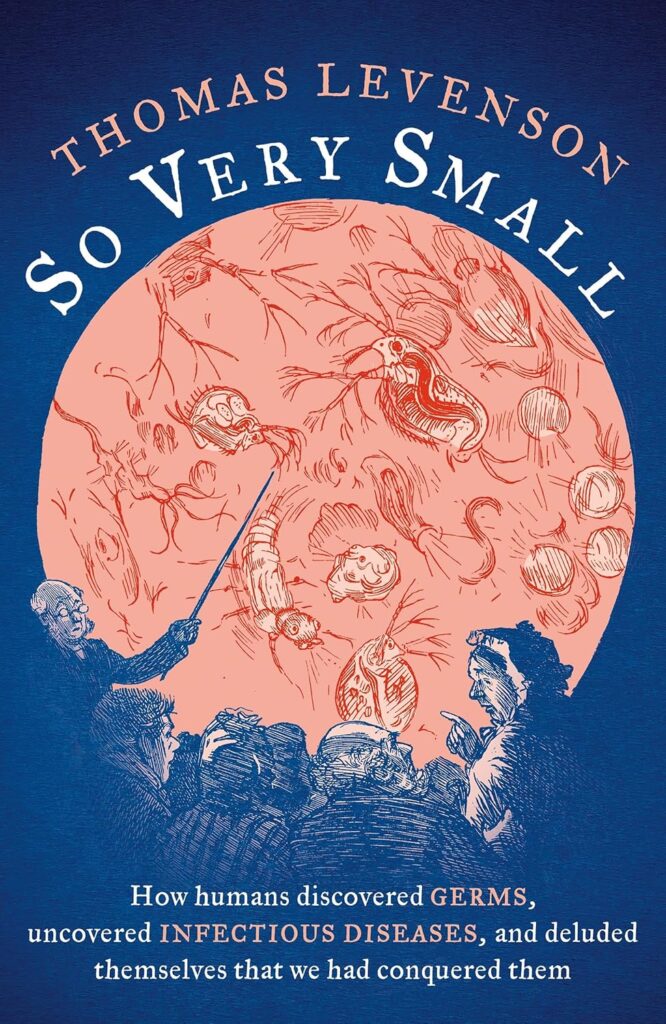“A gentleman’s hands are [always] clean”
Infectious diseases caused by bacteria have killed well over half of all humans who have ever lived on Earth. Historically, bacterial infections have started major pandemics such as the bubonic plague, which is estimated to have killed 50-60 per cent of the population of Europe during the Black Death in the 14th Century.
And yet when a person in Oregon came down with bubonic plague in 2024 it was a non-event. The pathogen involved was quickly identified and antibiotics given. There was no chain of infection and no epidemic. And the patient lived.
Germ theory is one of the most transformative developments in human history. The story involves heroic insight, pompous stubbornness, meticulous epidemiology, scientific breakthroughs, and on the other side of the ledger, catastrophes of human misery and carnage. So Very Small takes in the panorama from the pandemic to the Petrie dish. So which one is worst scourge of mankind? Smallpox, plague, TB, childbed fever, gangrene, cholera, typhus? Realistically, it depends on which one is knocking at your door. Tim asked Tom Levenson for his candidate when he discussed the book with him via Zoom.
Thomas Levenson – Head of Zeus – £25
Podcast: Play in new window | Embed





